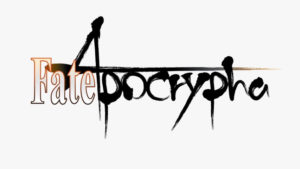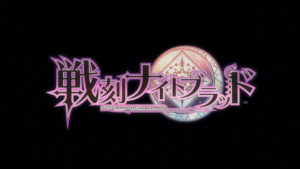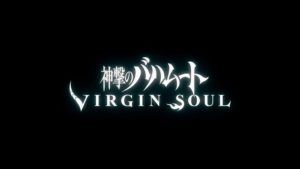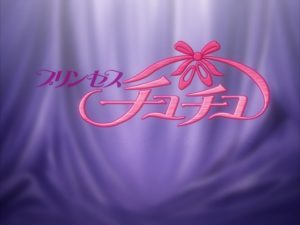During the third Holy Grail War the Grail was lost due to outside interference, only to suddenly resurface sixty years later in the hands of a group of loosely allied magi who proclaim their independence from the Clock Tower association. A proclamation marking the start of a new Holy Grail War, one in which two teams consisting of seven master-servant pairings fight to the death in order to have their wishes come true.
An action-drama with a touch of ecchi, comedy, and romance. It’s a stand-alone story taking place in an alternate reality where the events of Fate/Zero and Fate/Stay Night never occurred.
More Information:
aniDB
Netflix
Wikipedia









